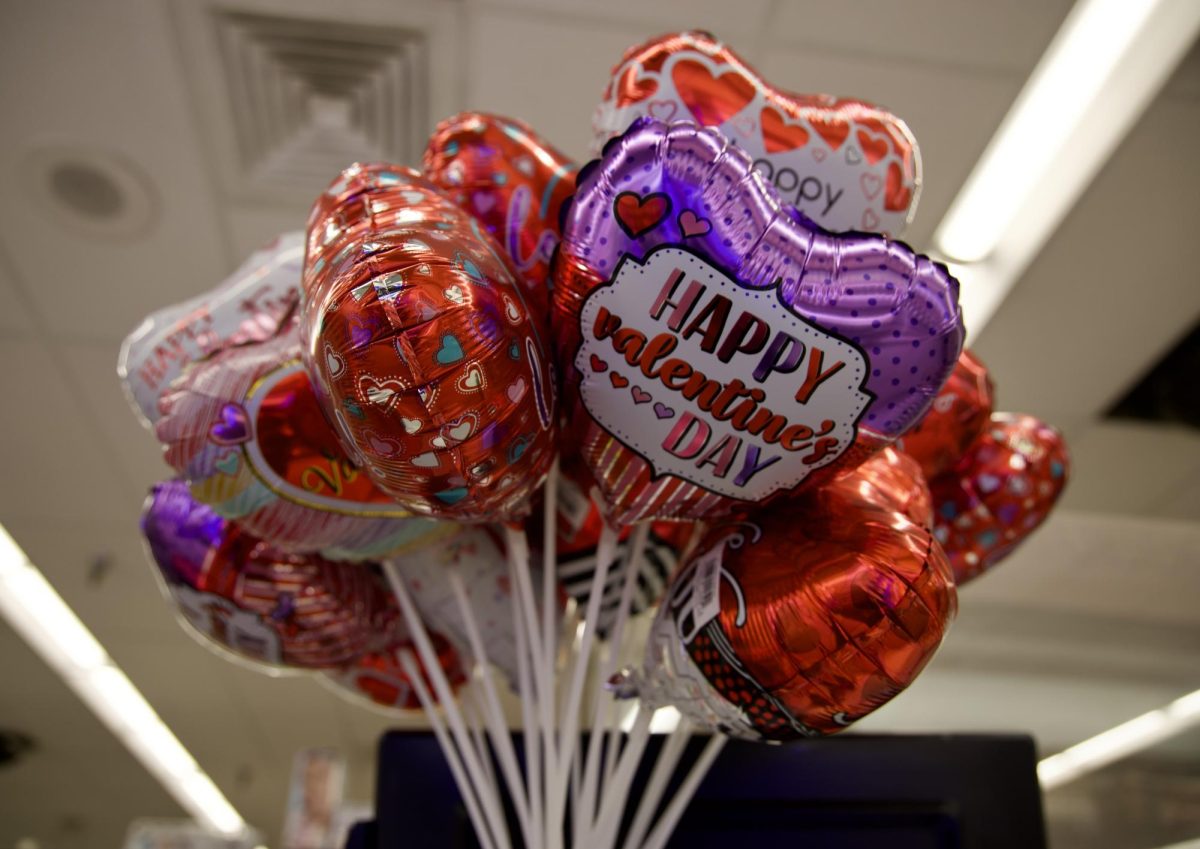As Valentine’s Day inches nearer, many share gifts with their loved ones as a way to show affection during the holiday. Valentine’s Day often brings people closer together but also is regarded by many as wasteful and detrimental to the environment. An infographic provided by “Waste Management & Recycling Services” illustrates that the mass production of items to pack stores with boxes and cards eventually end up in landfills at almost 14 million tons.
The mass production of traditional gifts are responsible for a surge of carbon emissions in the atmosphere. As stated by “Plastic Oceans International,” an approximate 9 million kilograms of carbon are emitted into the air due to Valentine’s Day. Afterwards, products such as balloons and the heart boxes can take up to 450 years to degrade in landfills.
Photography teacher Ara Tanajian emphasized that other forms of waste, such as plastic in the chocolate boxes, are also produced during the holiday.
“It’s more of the plastic and the stuff that’s inside of them, the plastic wrap and the weird corrugated plastic layers in between the things, so recycling is a big deal,” Tanajian said.
Senior Kalia Castro provided an environment-friendly way of repurposing one of the most popular Valentine’s gifts: flowers. According to “Plastic Oceans International,” many flowers maintained in greenhouses contribute massive carbon emissions into Earth’s atmosphere. Instead of simply trashing flowers once they have served their purpose, Castro believes the practice of recycling can potentially negate a future purchase.
“With flowers, most couples find ways to use it afterwards, saving the petals for future events like weddings, like with cardboard boxes. Reuse them afterwards,” Castro said.
Junior Jiabao Wu provided multiple cost-friendly alternatives to traditional gifts that are not only beneficial for wallets but also for the environment. A nice home-cooked meal and a walk around the park can go a long way in creating heart-felt moments. For Wu, nature and the environment must be protected.
“I don’t want the world to burn because I live here. I assume future generations of my family are going to be living here too,” Wu said. “I like to take care of it. I do my part in trying to make sure the environment is clean.”
Senior Luke Ly believes that taking care of the environment not only betters mother nature but ourselves. He advocates for mindfulness when recycling and considers spending less is sometimes worth more.
“I would say creating memories is more meaningful. It’s easy to buy someone something and say, “I love you,’” Ly said. “It takes an effort to truly connect with someone and create memories that can last a lifetime.”


